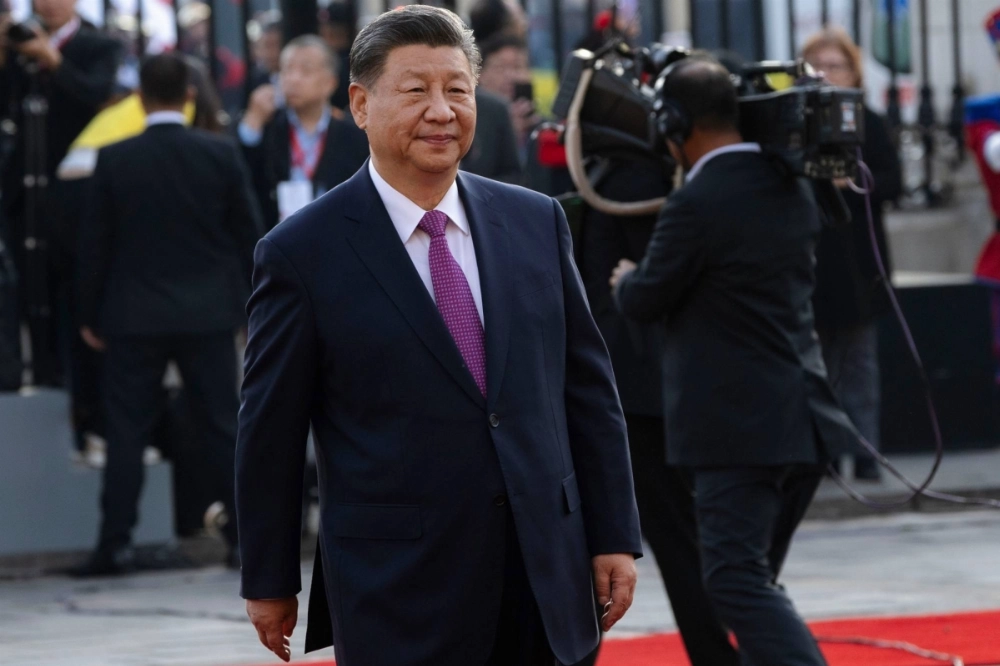Chinese leader Xi Jinping has used his final meeting with U.S. President Joe Biden to send a clear message to President-elect Donald Trump: China wants to be friends, but is ready for a fight if necessary.
With Biden set to leave the White House in January, China’s leader took Saturday’s meeting as a chance to spell out his approach toward Trump. That entails finding a way for the world’s two biggest economies to get along, with Xi emphasizing that the U.S. and China shouldn’t fight a "new Cold War,” and a conflict between them isn’t inevitable.
But he followed that up by reiterating China’s "four red lines,” signaling that Trump must avoid any moves to undermine the Communist Party’s grip on power, push the nation toward democracy, contain its economic rise or encourage independence in Taiwan. Chinese state media, including CCTV, seized on the reference to "four red lines,” saying it set the agenda for the future relationship.


















With your current subscription plan you can comment on stories. However, before writing your first comment, please create a display name in the Profile section of your subscriber account page.